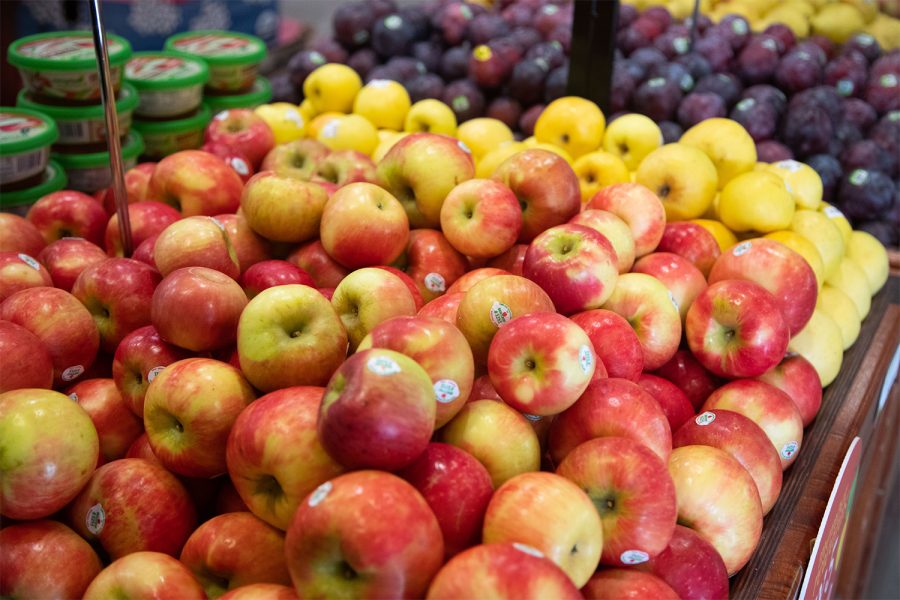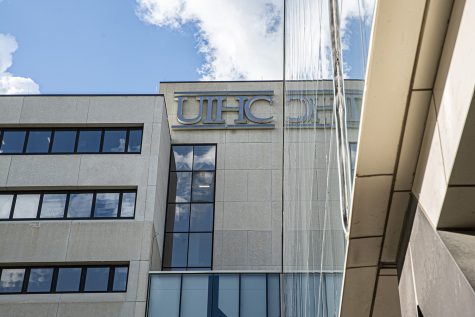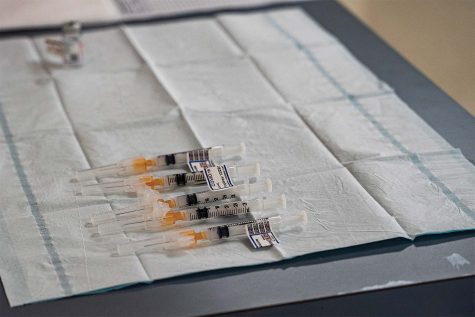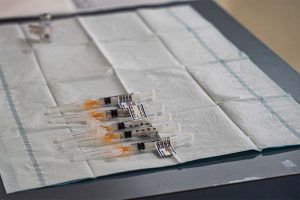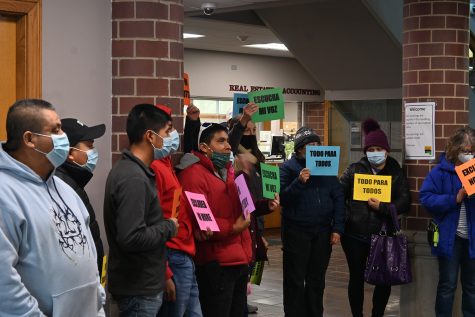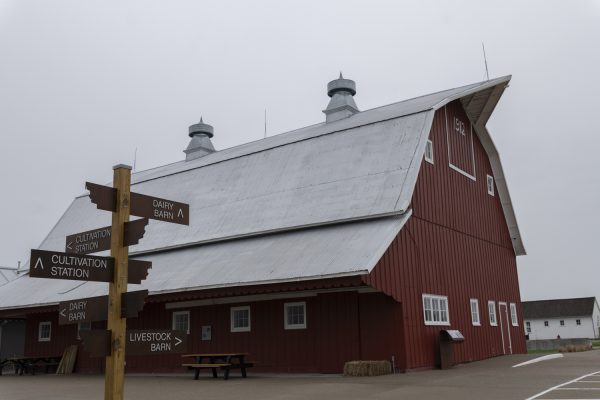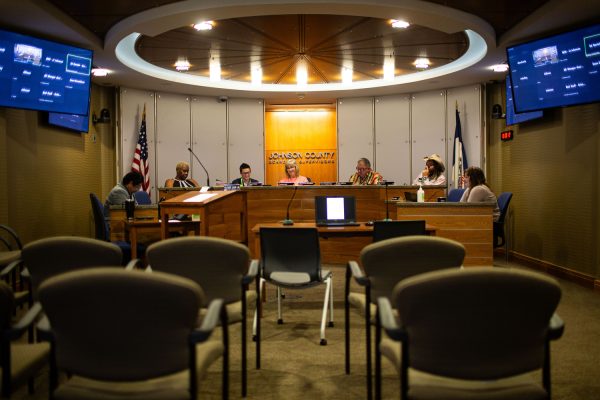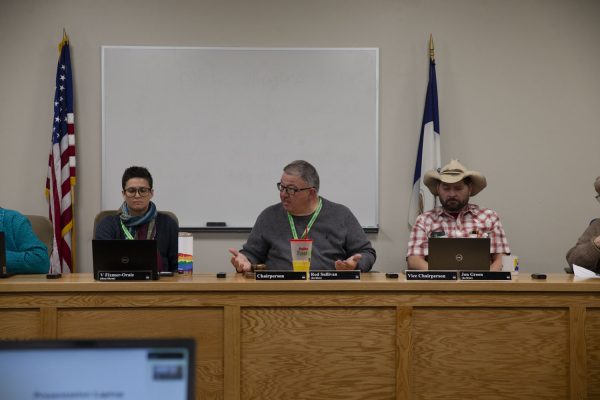COVID-19 causes long term effects on Iowa food assistance programs
The Iowa food assistance program, Supplemental Nutrition Assistance Program, has increased benefits for Iowans while UI Food Pantry at Iowa sees a continuing increase of visitors.
October 10, 2021
Iowa’s Supplemental Nutrition Assistance Program has received an increase in federal funding that will be awarded to those on the food assistance program, including thousands of Johnson County residents.
The Supplemental Nutrition Assistance Program has recently received an estimated 25-27 percent increase in federal funds for fiscal 2022.
“We are seeing a kind of baseline increase of all benefits,” said Janee Harvey, administrator for adult, children, and family services for the Iowa Department of Human Services. “Whether you’re a household of one or a household of seven, you’re going to see this new percentage increase in the amount of benefits you get.”
The increase in funds went into effect on Oct. 1, after benefits from the COVID-19 relief bill from 2020 ended in September. The relief bill gave the Supplemental Nutrition Assistance Program beneficiaries a bonus of 15 percent from the 2021 fiscal year’s original budget.
The new benefits for fiscal 2022 are not tied up in COVID-19 relief, but part of the Supplemental Nutrition Assistance Program itself.
“We have seen a number of food assistance increases in order to respond to the pandemic,” Harvey said.
All funds given to the Supplemental Nutrition Assistance Program are issued by the federal government and are decided on an annual basis for each fiscal year.
In fiscal 2022, 285,040 eligible Iowans will receive $458 in Supplemental Nutrition Assistance Program benefits.
There are 9,610 recipients living in Johnson County. On average, $64,179,387 benefits are issued monthly.
RELATED: Food Pantry at Iowa celebrates five years of service in new location
Harvey said inflation has gone up during the pandemic, and that families are now having a harder time keeping themselves afloat.
“As other people’s basic needs, such as housing, utilities, any of those that go up — and you would see that as I said in the consumer price index or inflation, we know that that what families have to do sometimes is make, unfortunately, competing choices, ‘Do I get food, or do I pay my rent?’” Harvey said.
Harvey said, as Iowans come out of the pandemic, she hopes the Supplemental Nutrition Assistance Program helps people get them back on their feet.
Sarah Henry, adviser to the University of Iowa Food Pantry at Iowa, said the pandemic has caused a surge of new people to visit the pantry, and that the growing number of people hasn’t stopped more than 18 months later.
“We have about 100 people visit every week, and then a lot of those people are also shopping for roommates or family members,” Henry said. “I would say that number is probably larger, looking at how many people eat the food from the pantry, but about 100 visitors that sign in every week.”
Henry said the Supplemental Nutrition Assistance Program’s large increase in benefits is good for Iowans.
The Food Pantry at Iowa does not receive monetary government assistance, Henry said, but has a budget decided by the UI’s Student Government, along with donations.
The Food Pantry is not affiliated with the Supplemental Nutrition Assistance Program, but does encourage people in need to apply for the program.
“The pandemic has really highlighted that all across society, we have a need to be providing good food and basic needs resources,” Henry said. “I don’t think that, once the pandemic is over, it will just go away.”



